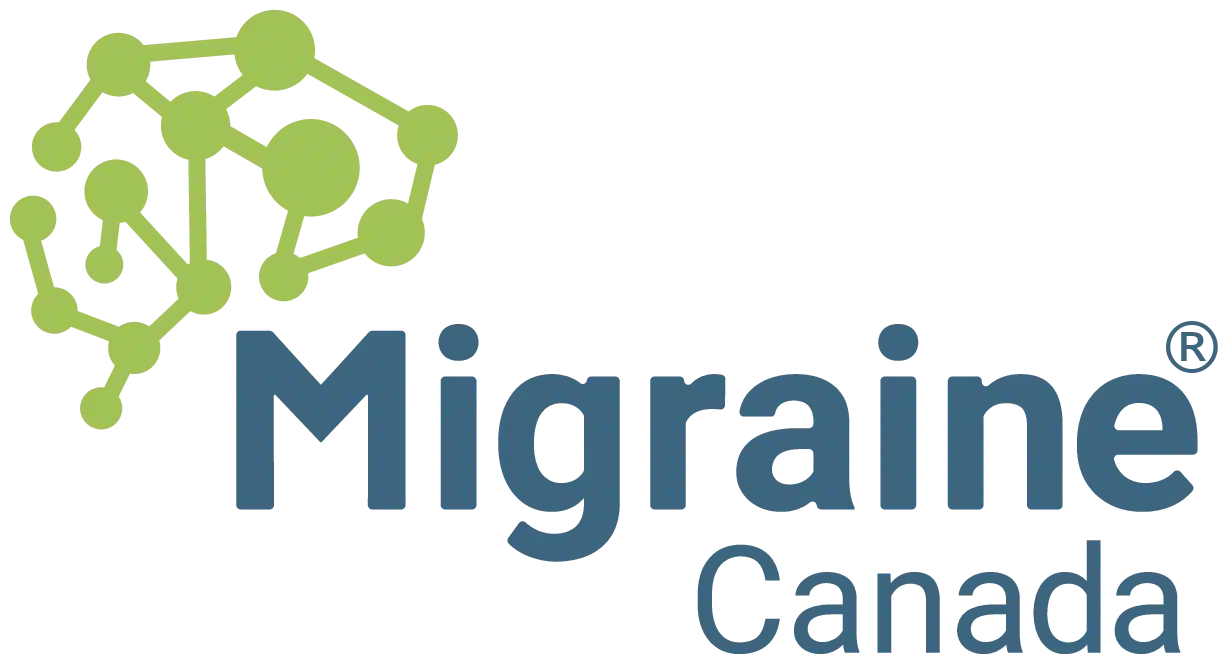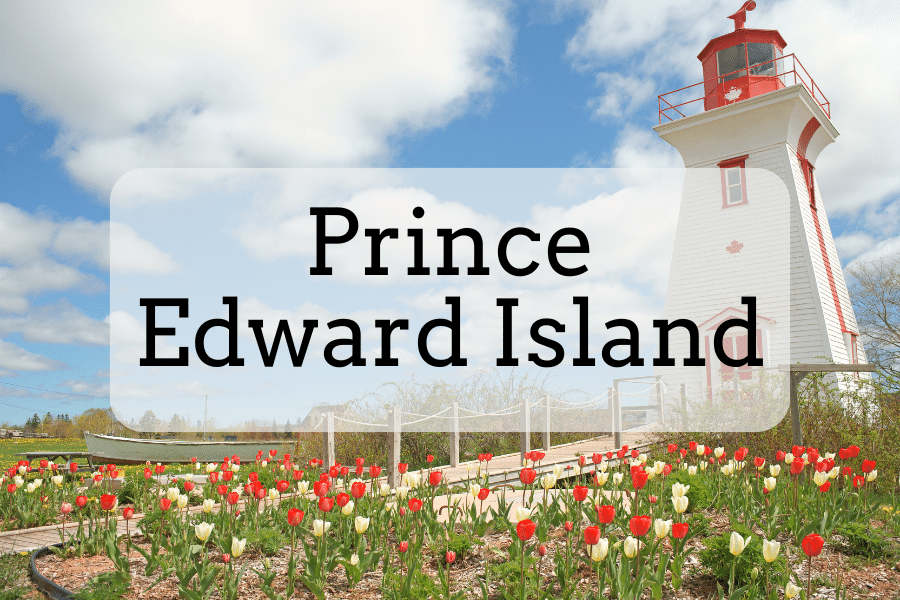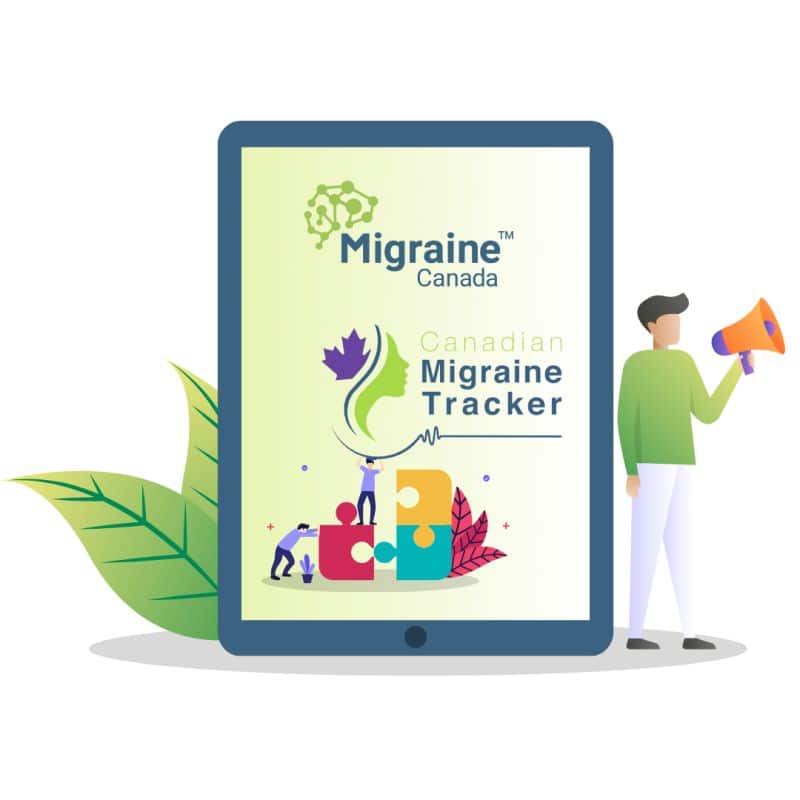The Department of Social Development and Seniors
The Department of Social Development and Seniors – https://www.princeedwardisland.ca/en/topic/social-development-and-seniors
The Department of Social Development and Seniors supports Islanders most in need and helps promote resiliency through community partnerships and programs.
Services provided directly or in partnership with community organizations include: financial assistance, child and family services and supports for people living with disabilities. The department supports the Seniors Secretariat which ensures that the voices of Island seniors are heard by government.
Some of the priorities in this mandate are to:
- Lead the development of a comprehensive poverty elimination strategy
- Review and update social support programs
- Contribute in the development of a long-term mental health and addictions strategy
- Work with other departments to ensure that Islanders with the greatest needs are being served
AccessAbility Supports
About This Program:
AccessAbility Supports focus on empowering individuals living with disabilities to access the tools they need to reach their full potential and contribute to society as fully as possible.
The program supports Islanders with physical, intellectual, neurological, sensory and/or mental disabilities who experience substantial impairments in their activities of daily living.
What type of support is available?
Help is available under five areas of support, as follows:
- Personal Supports – Personal Supports help with personal daily living assistance such as:
- Life skills training in areas like meal preparation, budgeting, grocery shopping, recreational activities;
- Technical aids and assistive devices such as a wheelchair;
- Supports that enable an individual to be self-sufficient and live independently such as in-home supports or personal care workers; and
- Specialized care supports to assist with extraordinary care needs.
2. Housing Supports – Housing Supports help with independent living and may include assistance such as:
- Vehicle Modifications Funding to primary vehicle directly related to disability needs as determined by a licensed Occupational Therapist and adhering to the AAS funding parameters. Maximum funding is $6,000 every 8 years;
- Residential Supports to a paid caregiver to provide daily supervision and guidance in a community-based residential setting; and
- Home Modifications Funding for making modifications to primary residence directly related to disability needs as determined by a licensed Occupational Therapist and adhering to the AAS funding parameter. Maximum funding is $10,000 every 10 years.
3. Community Supports – Community Supports help increase active participation in the community and may include:
- Community/Peer connection supports for applicants over the age of 12 to establish connections with peers in a group environment. The goal of peer connection is to establish social interactions which can be maintained by the individual and/or family;
- Community participation supports for applicants to participate in the community, such as day programming, a personal support worker, or specialized transportation needs; and
- Peer supports help workers working closely with an applicant with a disability who is over the age of 18 to develop, implement, monitor and adapt their life plans as their circumstances change.
4. Caregiver Supports – Caregiver Supports help family members or caregivers and may include:
- Supervision funding for applicants over the age of 12 who cannot safely be left alone, enabling the primary care provider(s) to attend school or work;
- Respite funding for eligible applicants to provide temporary relief for caregivers from full care and supervision demands, while facilitating a positive experience for the person with a disability. The maximum amount of respite funding is based on the applicant’s capability assessment, to a limit of $430 per month; and
- Behavioural supports help to provide focused interventions for teaching/modelling functional social skills and targeting improvement in non-normative social behaviours related to the safety of self or others.
5. Financial Supports – Financial Supports help with basic living expenses, if needed, and may include:
- Assistance for basic needs such as food, clothing, shelter, household, and personal supplies through what is called Assured Income.
Eligibility Criteria:
To be eligible for AccessAbility Supports, you must be:
- A person with a disability diagnosed by a health professional.
- Experiencing significant impairment as a result of a diagnosed disability that is expected to last for 12 months or more.
- A PEI resident with a provincial health number.
- A Canadian citizen or permanent resident of Canada.
- Under the age of 65 at the time of application.
For more information, please see the Supports for Persons with Disabilities Act.
Program Brochure: https://www.princeedwardisland.ca/en/publication/accessability-supports-five-areas-of-support-provided
How to Apply/Application:
How can I get support? You will meet with a staff person who will conduct an assessment to determine how disability affects your daily life and how AccessAbility Supports can help meet your needs.
Contact Information:
Questions? Call toll-free in Prince Edward Island: 1-877-569-0546
Social Assistance Program
About This Program:
Social Assistance will help you pay for basic needs (food, clothing, shelter) when you do not have enough money. Depending on your financial need, you may also receive payment for childcare, medicine, and other living essentials. If you are a PEI resident age 18 years or older and your income cannot cover the basic costs of living, call the social assistance screening line toll-free at 1-877-569-0546.
What will happen after I call Social Assistance?
The application process starts when you call the social assistance screening line and are booked for an intake appointment. You will need to bring documents about yourself, your family, and your current financial situation at this intake appointment. These documents are listed below.
Intake assessment: at this first meeting, a social supports coordinator will:
- Review your situation and see if you qualify for Social Assistance;
- Explain the program to you and answer your questions;
- Complete your application with you and review your documents to make sure they include the information required to properly assess your needs; and
- Ask you to sign the Applicant Declaration. This is a legal document that you must sign as part of your application. The social supports coordinator will explain the document and answer your questions to make sure you fully understand it before you sign. By signing the applicant declaration, you agree to:
- Follow the rules of the Social Assistance program; and
- Allow program staff to verify your information.
What documents will I need to take to my intake assessment?
Bring the following documents to support your application:
- Identification, each adult family member
- Citizenship, each person born outside Canada
- Direct Deposit Information, primary applicant only
- Bank statements, each adult with a bank account
- Pay stubs for the previous 31 days, each employed adult
- Business financial records, each self-employed adult
- Record of Employment, each adult recently stopped working
- Proof of income, each adult family member
- PEI resident confirmation, 1 per household
- Utility bills, per household
- Proof of expenses, each adult paying expenses
- Other documents as needed may include:
- Medical information
- Proof of custody
- Income tax returns
- CRA Notice of Assessment (NOA)
You are required to report all income.
How will income be counted when assessing my needs?
Both earned and unearned income are considered when assessing your need for social assistance.
- Earned income is the money you get from working, i.e. wages or salary, self-employment, babysitting.
- Unearned income is the money you get from other places, including Canada Pension Plan and Old Age Security, Employment Insurance, Worker’s Compensation, gifts, or gambling winnings.
- Excluded income is the money you receive that is not counted on your application, including:
- Canada Child Benefit;
- Child support (Maintenance Enforcement payments);
- Foster care payments; and
- HST and income tax refunds.
How much Social Assistance will I receive?
The amount of money you receive is assessed monthly and may increase or decrease according to your income, living situation, and the size of your family. You are responsible to provide your social support coordinator with current information about your needs and income and report any changes to your situation, i.e. your relationship status changes, you have more or fewer children in your care, or your employment or income changes.
You may be assessed as needing to meet basic needs and you may qualify for assistance for other needs.
Basic needs include:
- Food;
- Clothing;
- Household items;
- Personal Items;
- Telephone or internet costs;
- Shelter; and
- Utilities (power, heat, fuel and water).
Other needs may include:
- Childcare;
- Transportation costs;
- Medications, hearing aids and eyeglasses; and
- Security deposit for rent or utilities.
When assessing your need, expenses for cable television, car and/or car insurance payments, and other personal debts are not considered.
Program Handbook: https://www.princeedwardisland.ca/sites/default/files/publications/dpcec-3265_social_assistance_handbook_2022_-_5.5×8.5_-_digital.pdf
How to Apply/Application:
Contact Information:
For more information contact:
Department of Social Development and Seniors
Jones Building, 2nd Floor
11 Kent Street
P.O. Box 2000
Charlottetown, PE, C1A 7N8
Phone: 902-620-3777
Toll Free: 1-877-569-0546
Email: [email protected]
Special Child Welfare Allowance Program
Website: https://www.gov.nl.ca/hcs/personsdisabilities/fundingprograms-hcs/#sap
About This Program:
This program provides assistance with the cost of services/supports to families with a child (under the age of eighteen years) who has a physical or intellectual disability living at home. The assistance is designed to enable families to purchase items and/or services which are necessary due to the child’s disability. The amount of monthly assistance for each family is determined through a financial needs test.
How to Apply/Application:
For more information on accessing this service contact your NL Health Services (https://www.gov.nl.ca/hcs/department/contact/#disabilities_services).
Contact Information:
https://www.gov.nl.ca/hcs/department/contact/#disabilities_services



